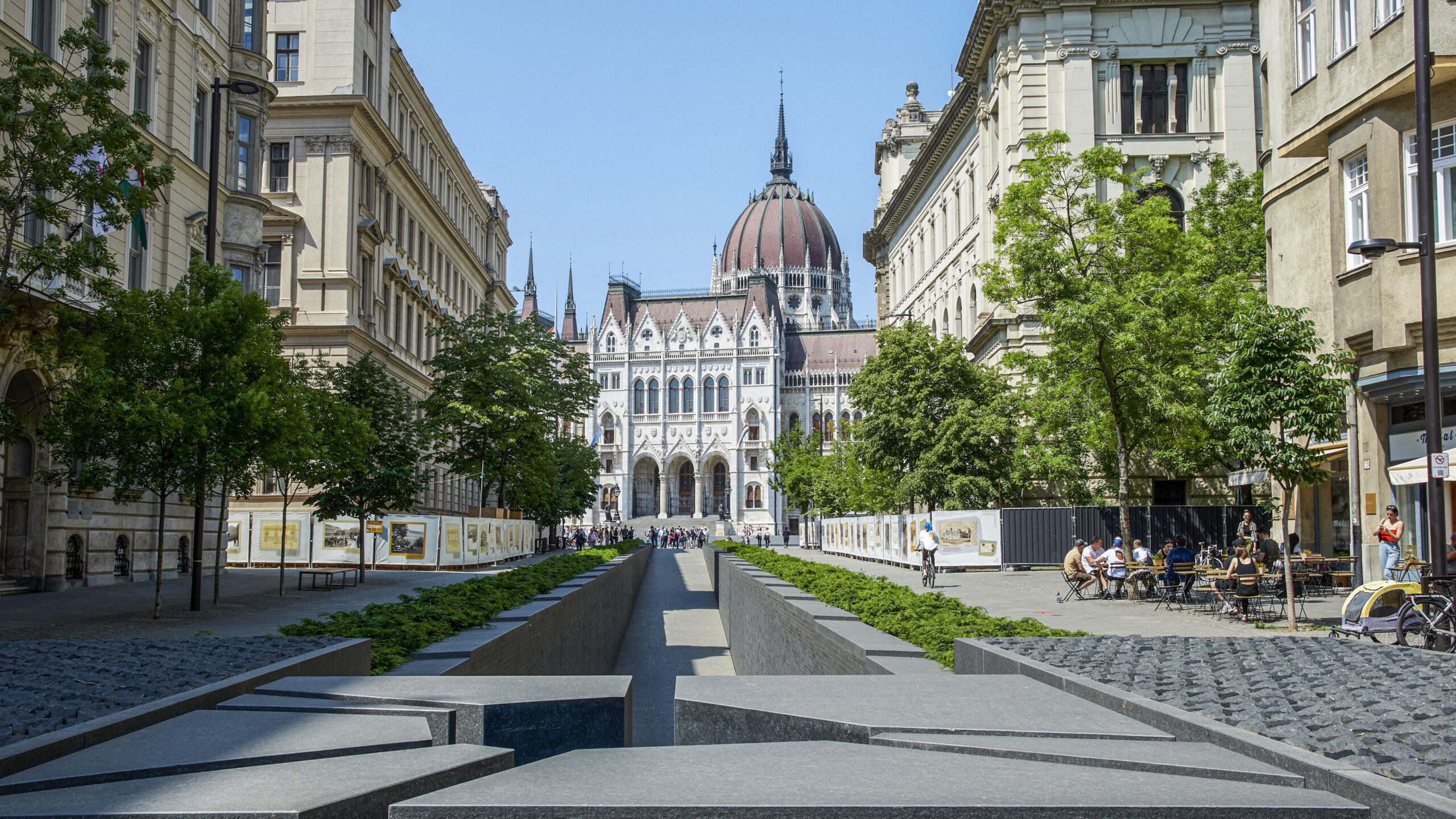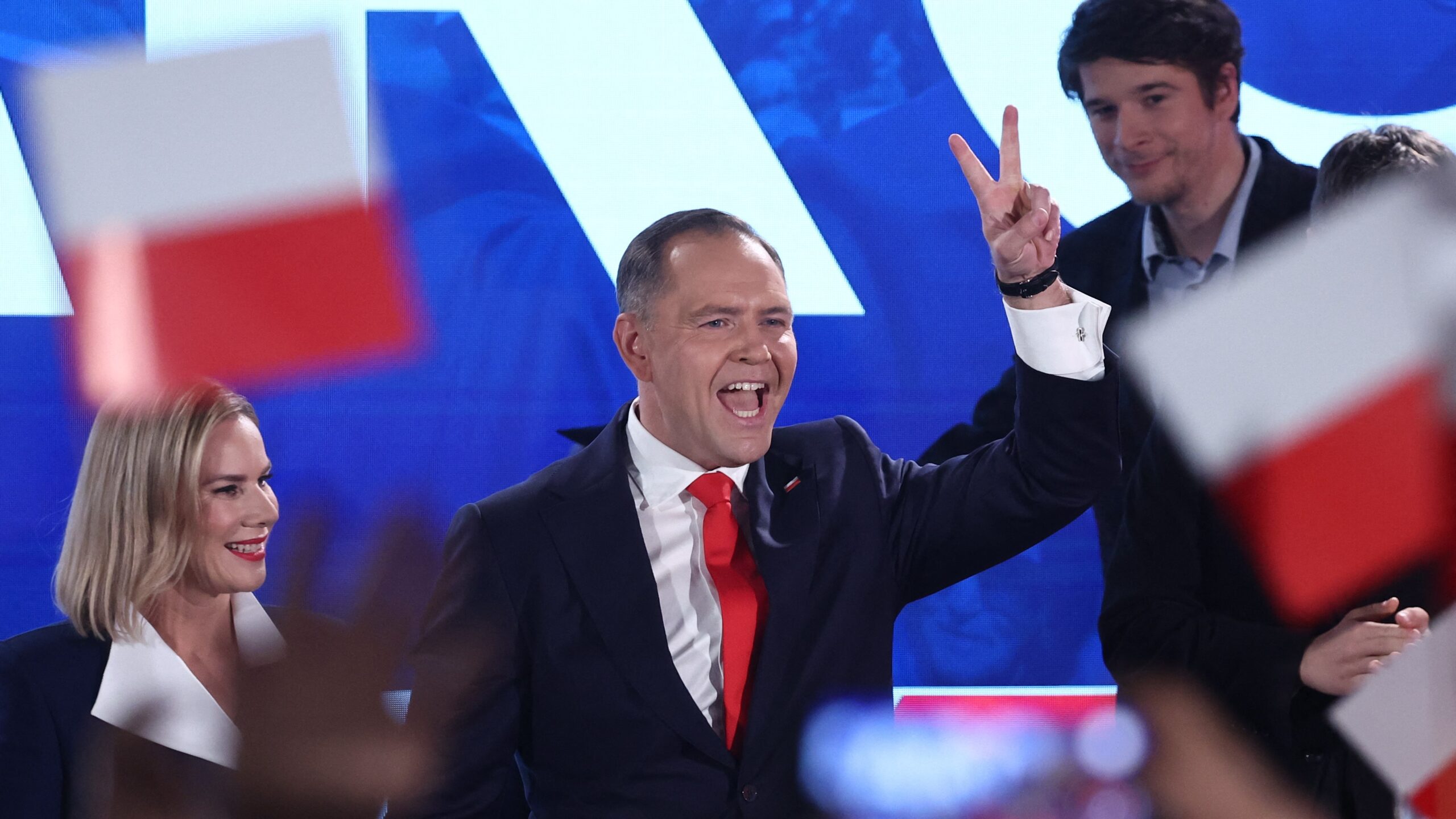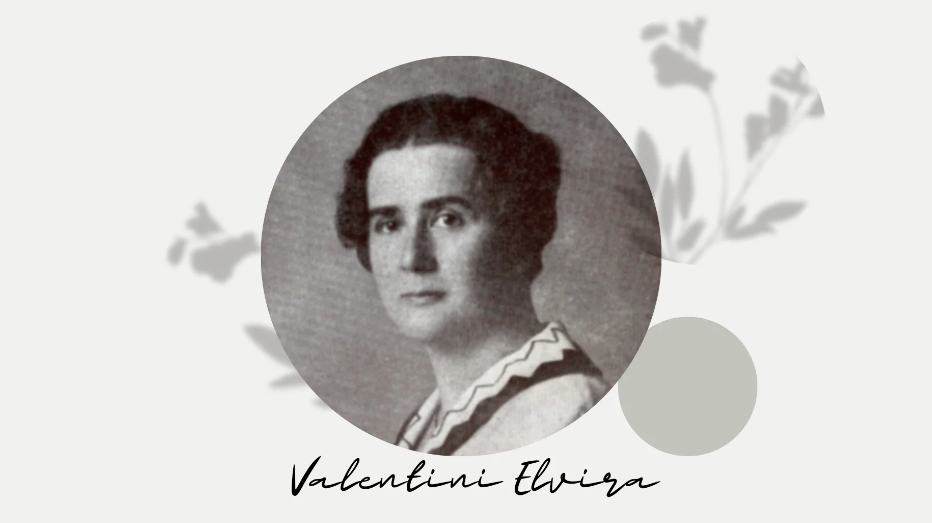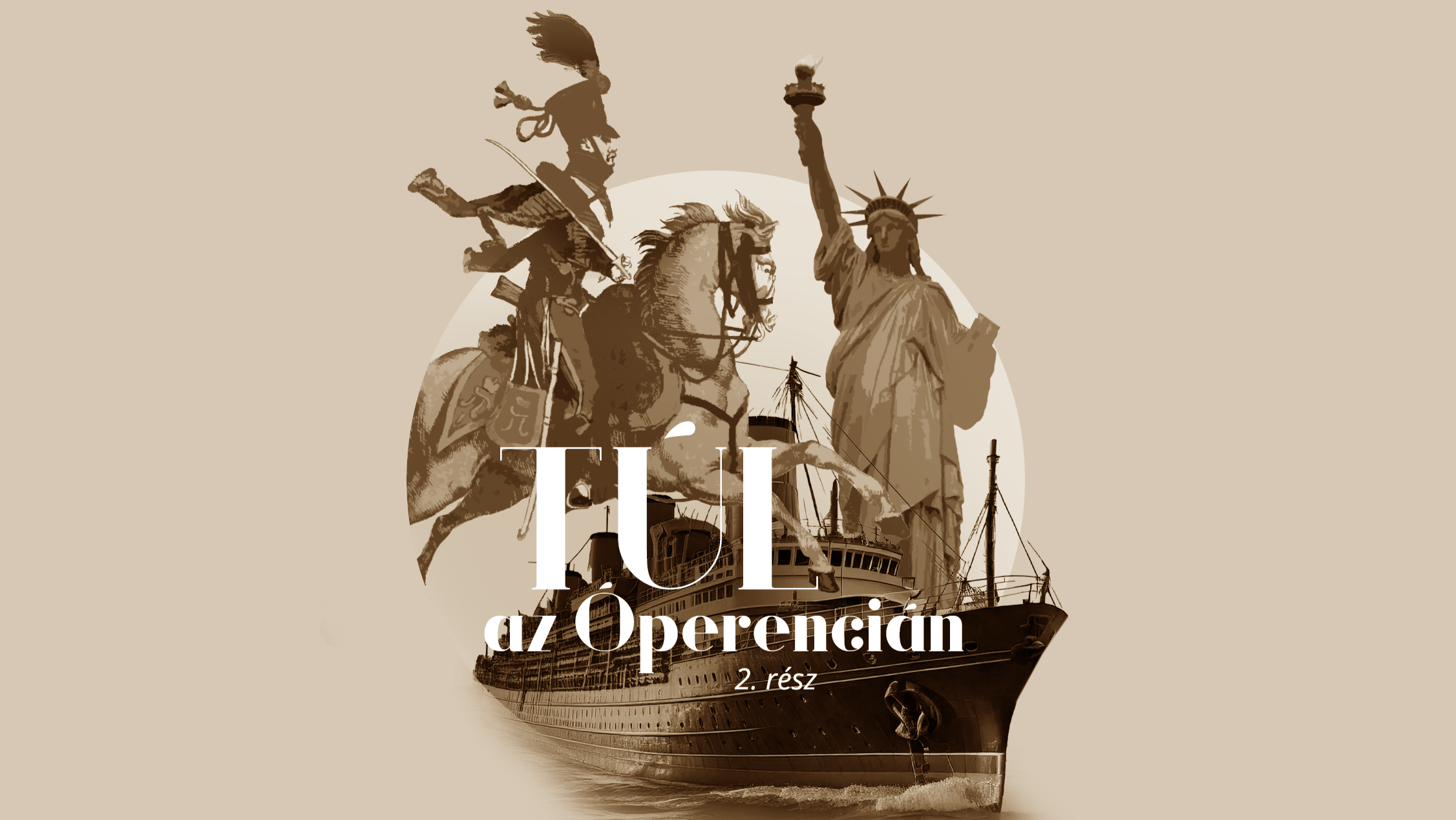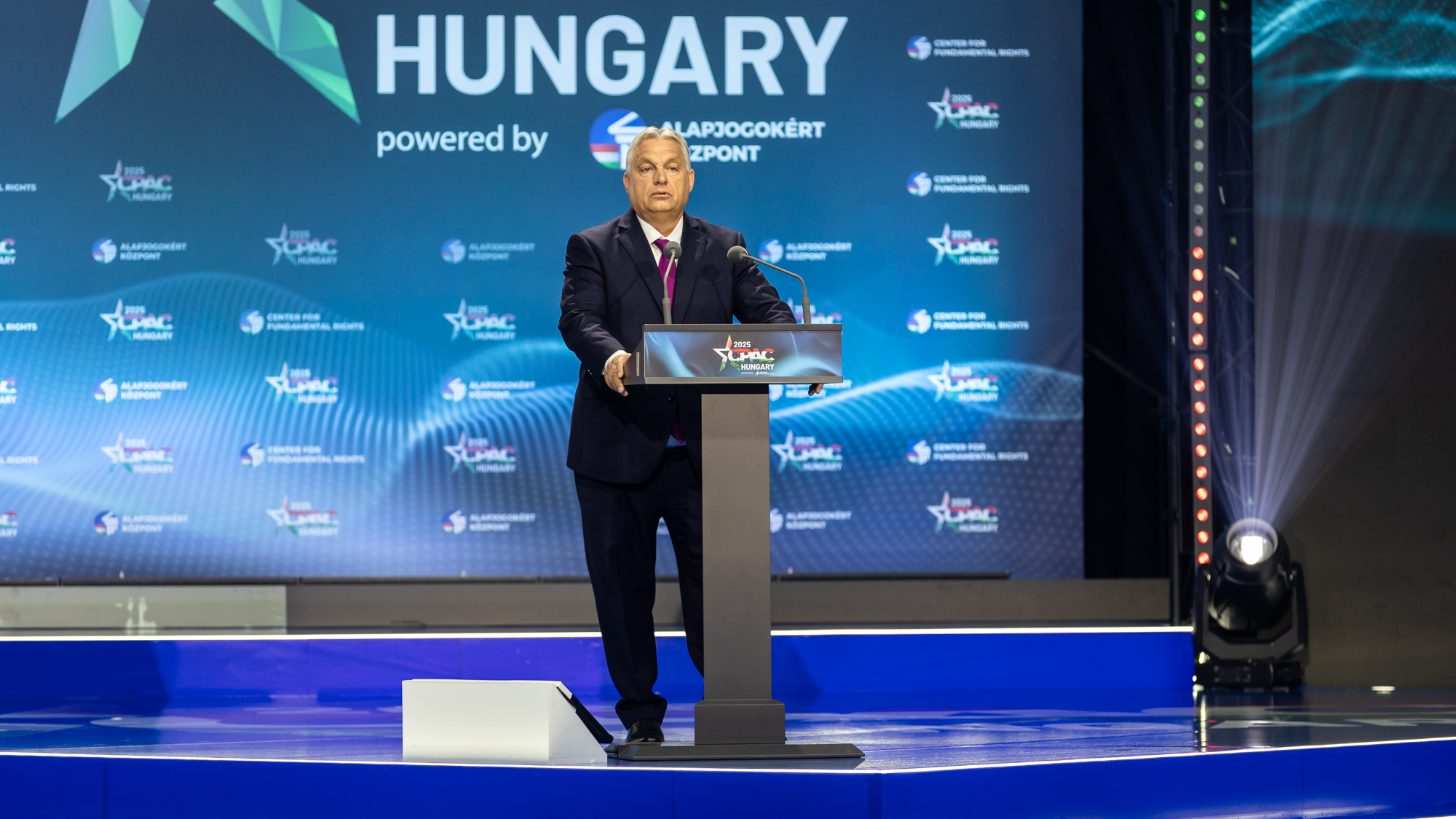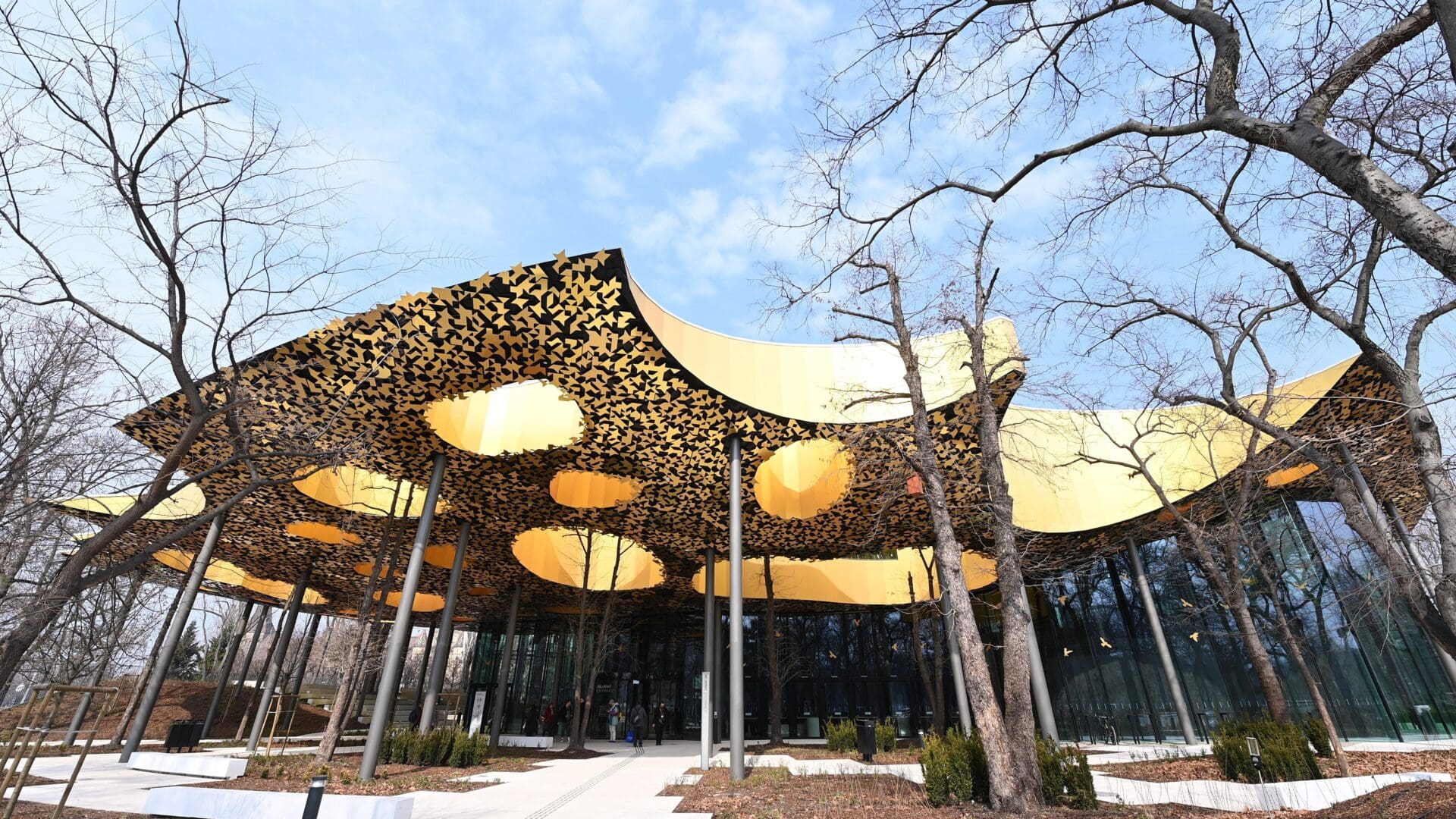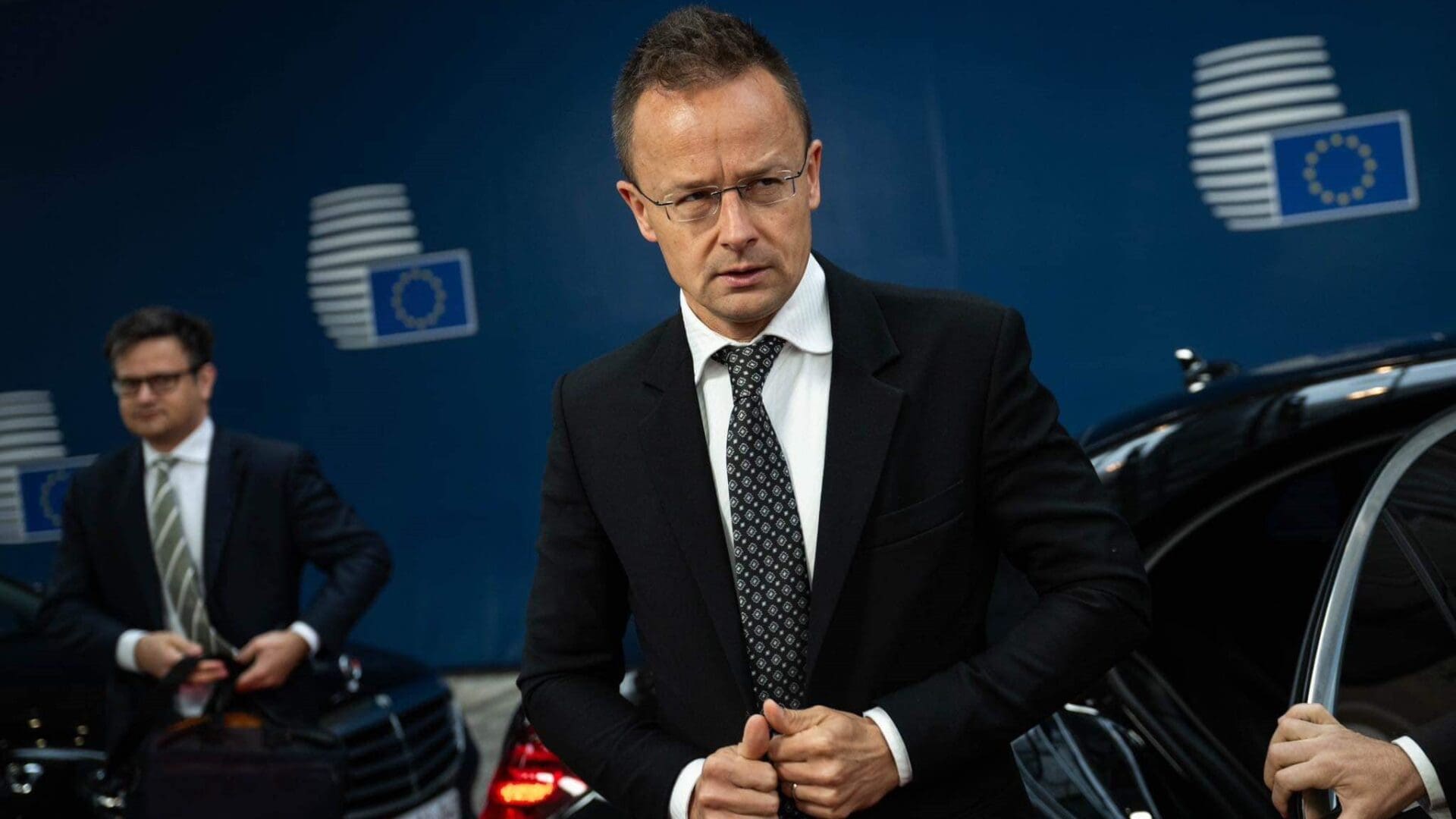
Orbán Warns of Foreign Influence, Pushes Back on Brussels during Radio Interview
In a radio interview, PM Viktor Orbán reaffirmed Hungary’s opposition to Ukraine’s EU accession, accusing Brussels of foreign interference and warning of a push to install a pro-Ukraine government in Budapest. He also addressed national security concerns, criticized opposition parties and city leadership, and pledged stronger action against Hungary’s worsening drug crisis.

